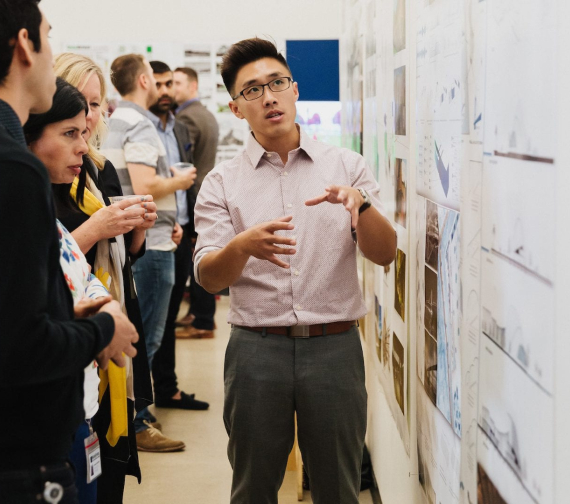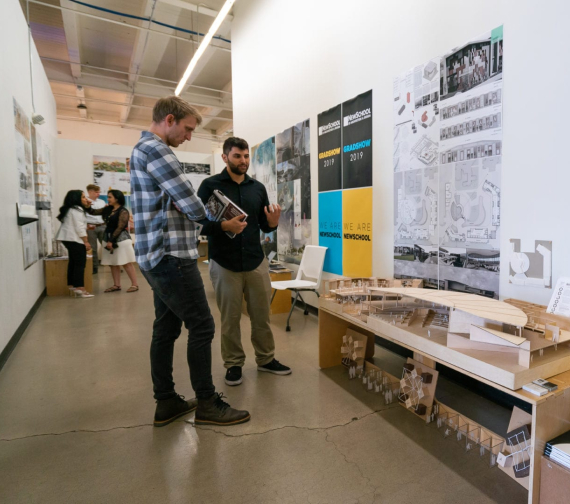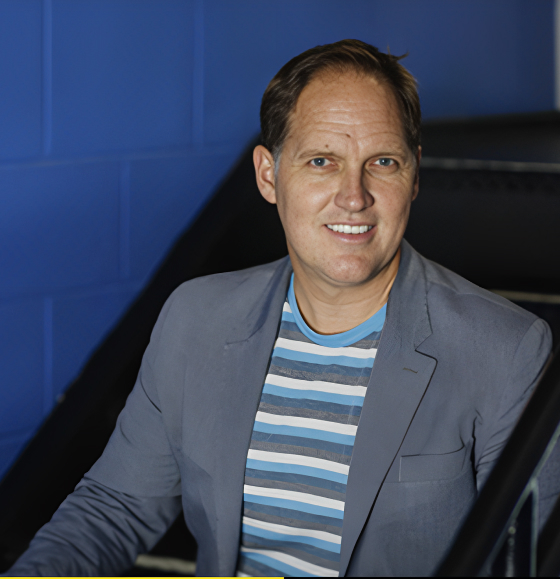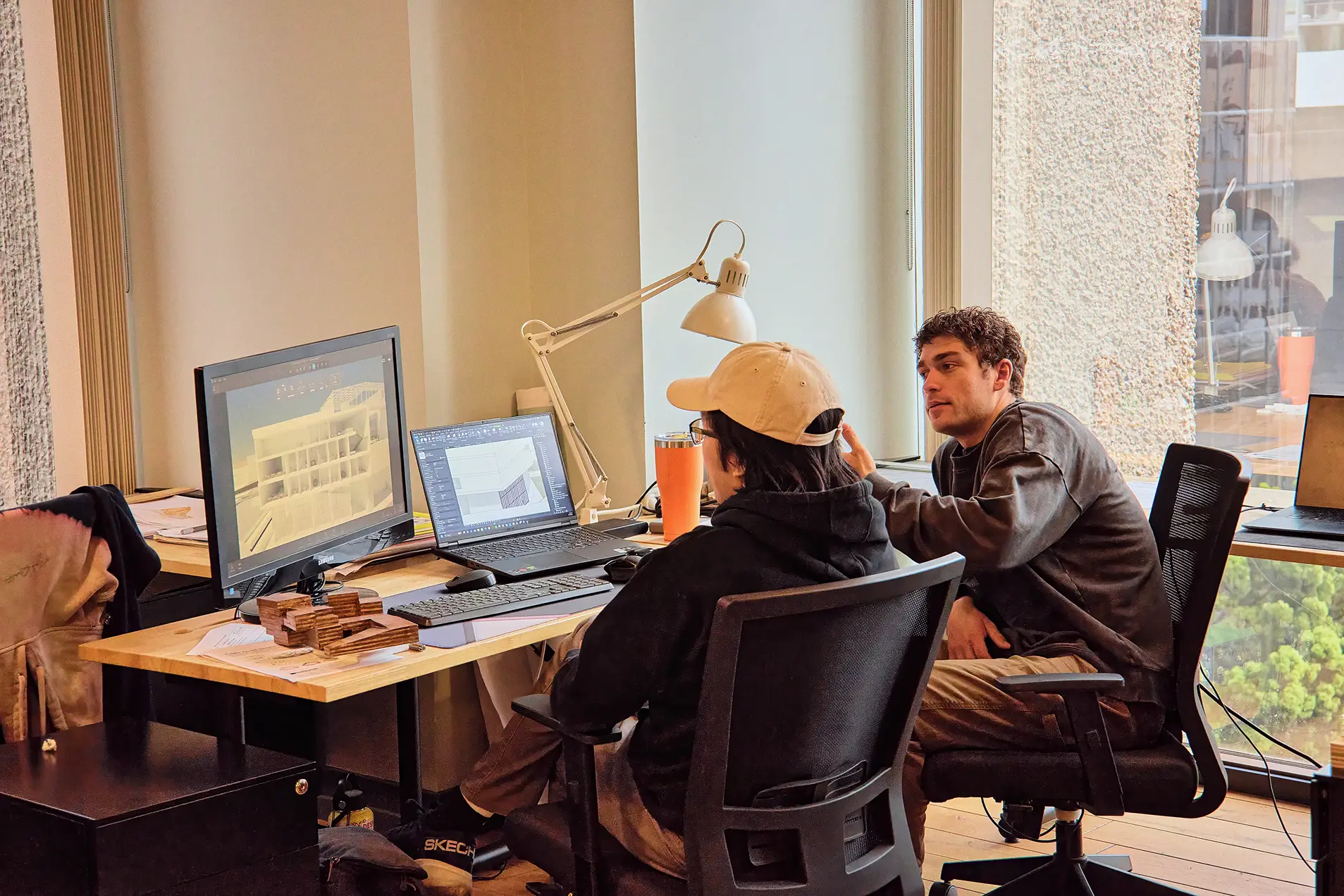Our comprehensive curriculum develops articulate and confident students, fostering academic and professional success, interdisciplinary connections, and engagement with contemporary concerns. Our faculty emphasizes relevant learning, linking coursework to global landscapes, environments, cultures, and histories. Through balanced scientific, design, and humanistic inquiry, students become scholars, cultivating self-awareness, empathy, and a dynamic global perspective. Project-based learning promotes sustainability and prepares students to transform their education into impactful action as global citizens.
-
-
- About
-
-
Get In Touch
If you are interested in learning more about enrolling at NewSchool, please contact us.
contact us
-
- Academics
- Admissions
-
-
Get In Touch
If you are interested in learning more about enrolling at NewSchool, please contact us.
contact us
-
- Student Services
-
-
Get In Touch
If you are interested in learning more about enrolling at NewSchool, please contact us.
contact us
-
- Campus Life
-
-
Get In Touch
If you are interested in learning more about enrolling at NewSchool, please contact us.
contact us
-
- Alumni
-
-
Get In Touch
If you are interested in learning more about enrolling at NewSchool, please contact us.
contact us
-
-
-
-
-
-
 619-684-8800
619-684-8800
-

NewSchool of Architecture & Design
600 B Street, STE 600-800
San Diego, CA 92101
NewSchool of Architecture & Design
-
-
-

- About
- Academics
- Architecture
- Construction Management
- Design
- Integrative Studies
- Catalog and Calendar
- Assesment
At NewSchool, learning is accessible to individuals of all learning styles and stages of life. Read more
- Architecture
- Admissions
- Student Services
- Campus Life
- Meet Our Alumni
- contact us

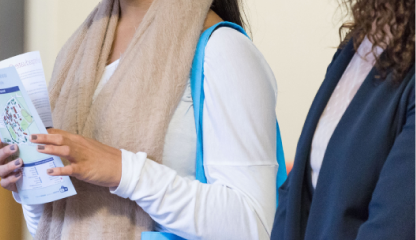


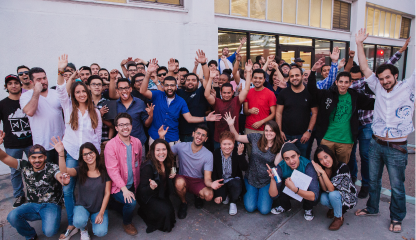
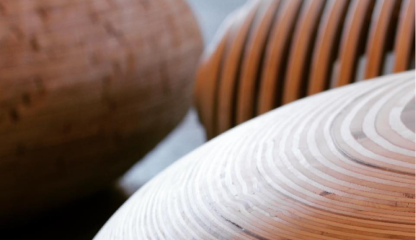
 619-684-8800
619-684-8800